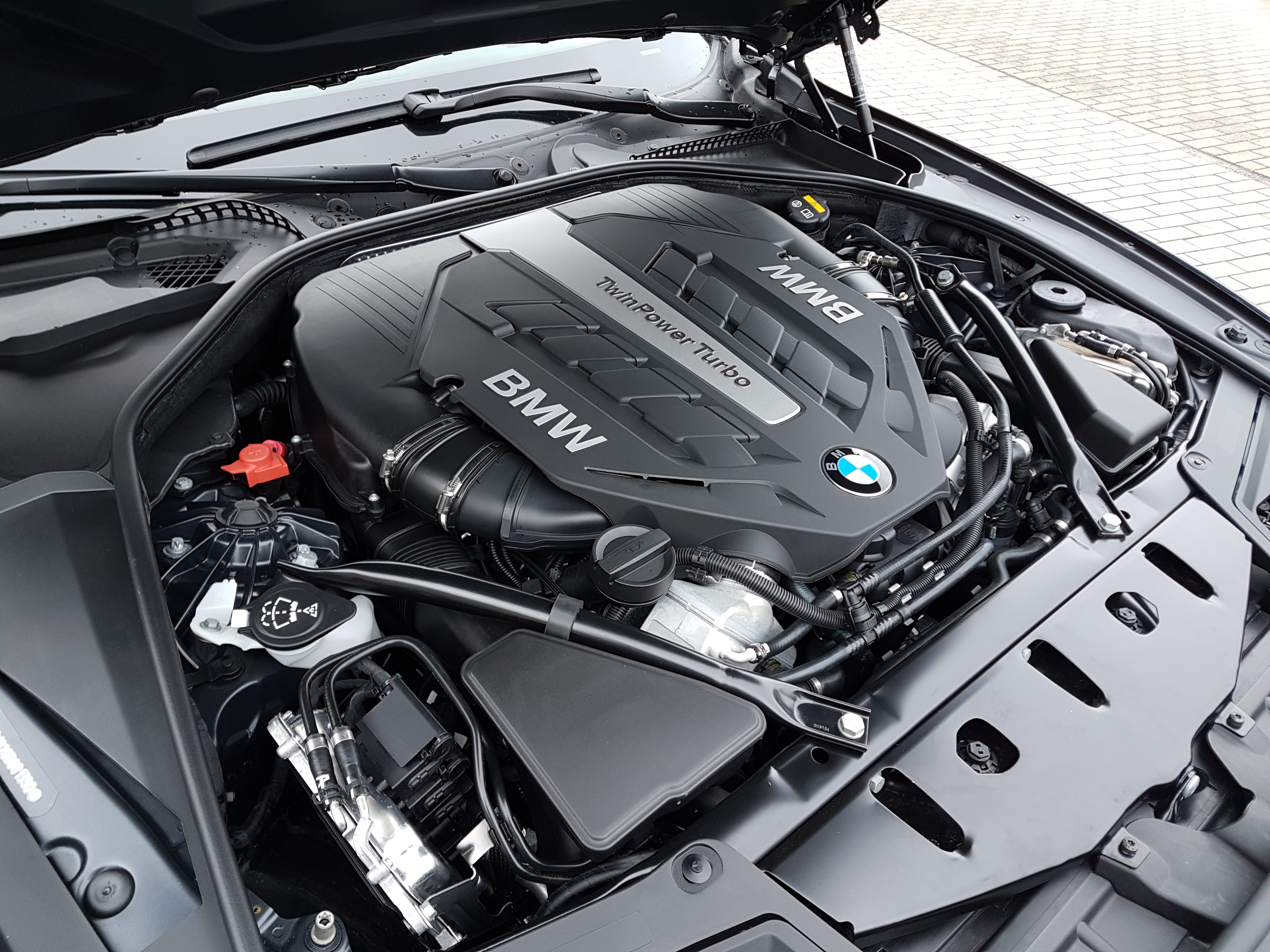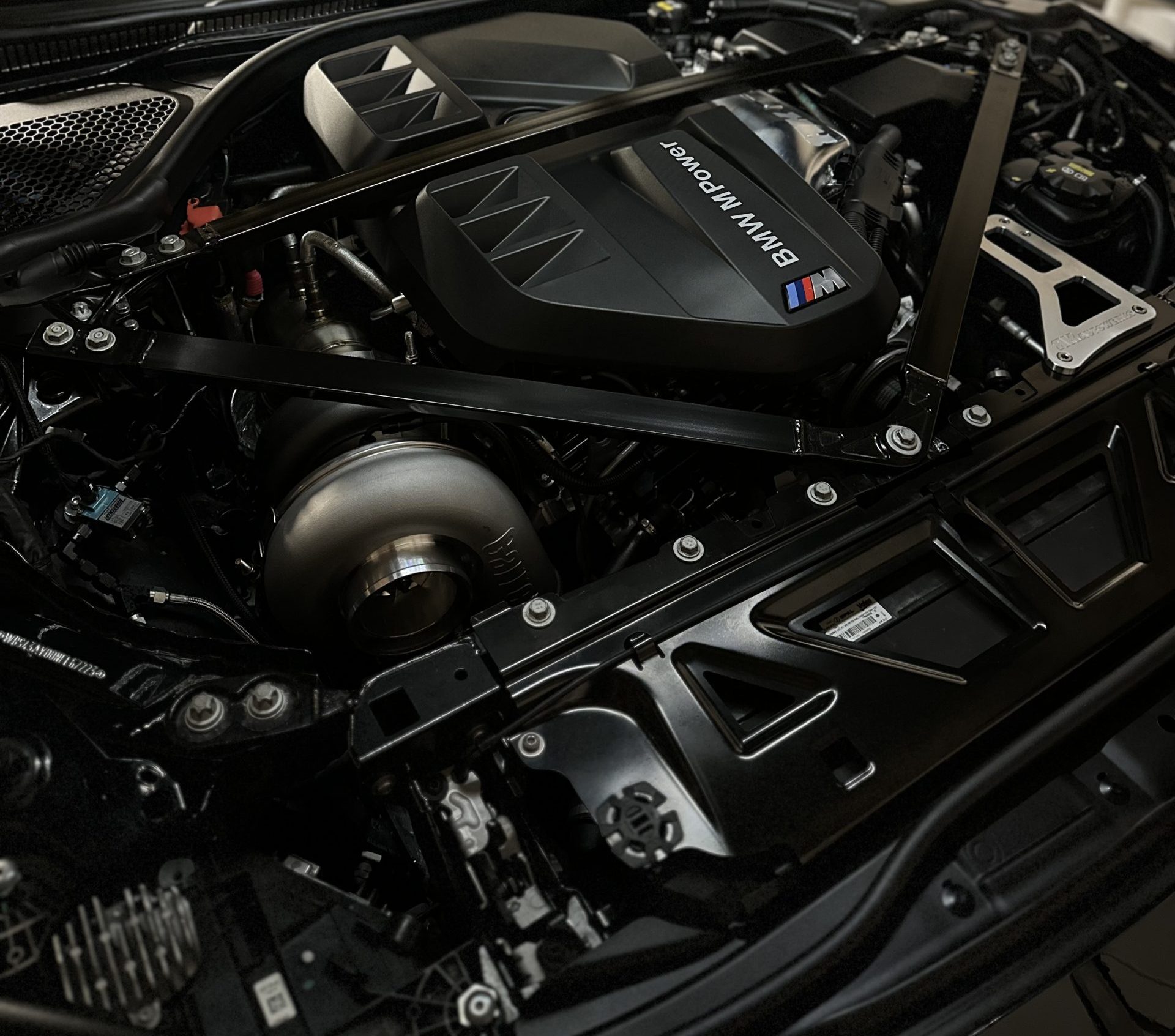The Advancement of the BMW Engine: A Recall at Iconic Models
The Advancement of the BMW Engine: A Recall at Iconic Models
Blog Article
Revealing the Intricacies of Next-Generation Power Units: a Deep Dive Into Advanced Engine Styles and Advancements
As we stand on the precipice of a brand-new period in transportation, the ins and outs of next-generation engine designs bid us to check out the advanced modern technologies and developments that assure to redefine the driving experience. Digging deeper right into the realms of exhaust control, intelligent engine administration systems, and the horizon of power device advancement, we locate ourselves on the cusp of a change that guarantees to improve the landscape of wheelchair as we know it.
Advancement of Engine Products

The shift in the direction of progressed engine products has actually additionally enabled engineers to develop engines with higher power outcomes while keeping gas performance criteria. For example, using lightweight materials reduces the overall weight of the engine, resulting in enhanced fuel economic climate and reduced discharges. Additionally, advancements in materials modern technology have actually enabled far better thermal monitoring within engines, leading to boosted dependability and durability.
Turbocharging and Supercharging Technologies
Just How do Turbocharging and Supercharging Technologies reinvent engine performance and efficiency in modern-day cars? Turbo charging and turbocharging are innovations that considerably enhance engine performance by raising the quantity of air intake right into the combustion chamber. Turbocharging attains this by utilizing a generator driven by exhaust gases to pressurize the intake air, while turbo charging utilizes a belt- or chain-driven compressor to achieve the exact same effect.
These innovations enable smaller sized, more fuel-efficient engines to generate power equivalent to bigger ones, known as downsizing. By requiring more air into the cyndrical tubes, turbo charging and turbocharging improve burning efficiency, leading to raised horsepower and torque outcome without a significant boost in engine dimension. This leads to much better velocity, towing capability, and total driving performance.
Additionally, turbocharging and supercharging contribute to boosted fuel effectiveness by allowing the usage of smaller sized engines that take in much less fuel under typical driving problems - bmw engine. This combination of improved efficiency and performance has actually made turbocharging and supercharging important components of lots of modern-day engine designs
Emission Control and Environmental Effect
With boosting international concerns concerning air high quality and ecological sustainability, the execution of exhaust control technologies in cars plays a vital duty in reducing hazardous contaminants released into the environment. Modern automobiles are furnished with advanced exhaust control systems that aid decrease the ecological influence of auto procedures. Catalytic converters, as an example, are created to transform hazardous gases such as carbon monoxide gas, nitrogen oxides, and hydrocarbons right into less damaging compounds like carbon dioxide and water vapor.
Furthermore, advancements in engine technology, such as the assimilation of exhaust gas recirculation systems and discerning catalytic decrease, have considerably added to lowering exhausts. These modern technologies function in tandem to enhance combustion performance and decrease the release of damaging pollutants right into the air. Furthermore, the advancement of hybrid and electrical automobiles represents an essential action in the direction of reducing the total ecological footprint of the transport market.
Intelligent Engine Administration Systems

In addition, these systems allow vehicles to fulfill strict exhausts standards without endangering performance, giving a more my website eco friendly driving experience. The assimilation of expert system and artificial intelligence capacities in engine administration systems remains to push the limits of what is feasible, resulting in more improvements in effectiveness, integrity, and total lorry performance. bmw engine. As auto technology developments, smart engine management systems will play a critical role in forming the future of transport towards a much more sustainable and reliable Your Domain Name instructions
Future Trends in Power Unit Growth
As intelligent engine administration systems lead the way for enhanced control and optimization in contemporary automobiles, future fads in power device development are poised to redefine the landscape of automobile propulsion innovations. Among the vital fads driving innovation in power system advancement is the change in the direction of electrification. With a raising concentrate on sustainability and minimizing carbon exhausts, crossbreed and electrical powertrains are coming to be much more common in the vehicle industry. These different source of power provide enhanced performance and efficiency while straightening with rigorous ecological laws.
Another significant fad is the assimilation of sophisticated materials and making methods. Lightweight products such as carbon fiber and light weight aluminum are being used to reduce total automobile weight, enhancing gas effectiveness and performance. In addition, innovations in 3D printing and additive manufacturing are enabling the manufacturing of complicated engine parts with greater precision and resilience.
Furthermore, expert system and equipment discovering are playing an important role in maximizing power unit efficiency. These technologies permit for real-time tracking and flexible control, resulting in extra trusted and effective power distribution. In general, future fads in power system growth are geared in the direction of efficiency, sustainability, and efficiency, driving the automotive industry in the direction of a brand-new era of propulsion innovations.

Conclusion
Finally, the developments in engine products, turbocharging, discharge control, and smart management systems have actually led the way for next-generation power devices. These developments have not just improved performance and performance yet additionally reduced ecological impact. As modern technology remains to progress, future trends in power system growth are most likely to focus on additional boosting sustainability and optimizing power outcome. The detailed designs and developments in modern-day engines display the ongoing development of auto technology.
Checking out the from this source modern innovations in engine products has been critical in improving the performance and effectiveness of contemporary engines. Over the years, the development of engine materials has played an important function in pressing the limits of what engines can accomplish.The shift towards advanced engine materials has also enabled designers to make engines with greater power results while preserving gas performance criteria.The execution of smart engine administration systems in contemporary cars has revolutionized the means engines are regulated and enhanced for performance and efficiency. By collecting information in real-time and examining it with advanced algorithms, smart engine monitoring systems can adapt to driving styles, ecological aspects, and engine health and wellness to maximize power result while lessening fuel intake and exhausts.
Report this page